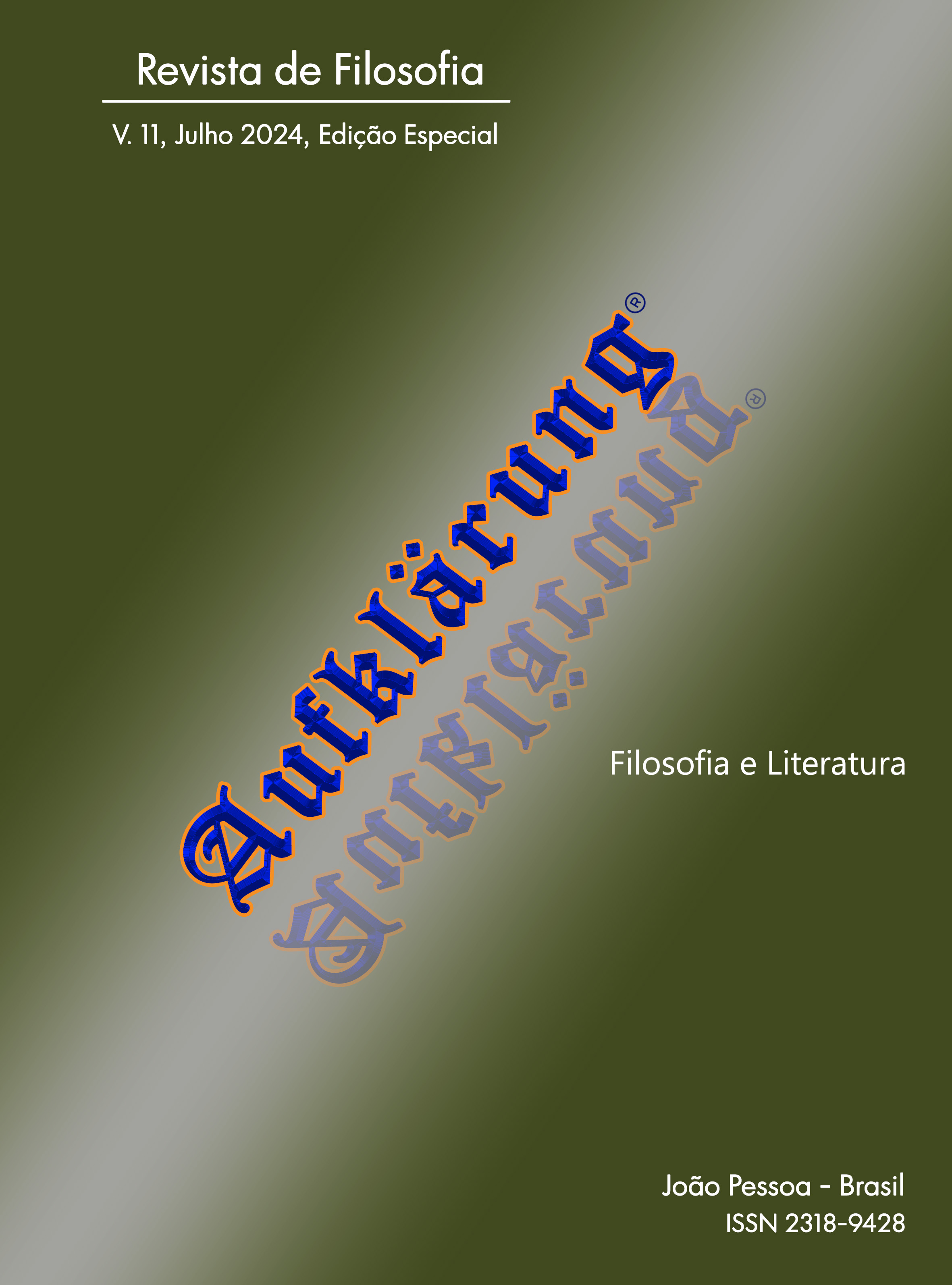Ho Chi Minh's philosophical thought on the role of the people
DOI:
https://doi.org/10.18012/arf.v11iEspecial.70842Palavras-chave:
Ho Chi Min, culture, role of the peopleResumo
In the 21st century, the world, in addition to the brilliant achievements in science and technology and the strong development of economies, is also facing significant political challenges in terms of culture, society, and especially the environment. These phenomena are increasing day by day, certainly directly affecting the survival of each nation. Therefore, in the development strategies of current countries, sustainable development is the central goal of development. In Ho Chi Minh’s ideology of social development, decisions belong to the people because the people are the subjects of history. The role of people’s mastery in the cause of social construction means that Vietnam is linked to sustainable development. The company can realize the work of concentrating all people’s resources to develop the country. The thoughts and feelings about the people of Ho Chi Minh are not just the strata of the Vietnamese people who participated in the revolution to gain independence for the Vietnamese people, but the driving force behind the sustainable development of the country. Because in the goal of sustainable development, it is necessary to develop the economy, develop culture and society, encourage poverty eradication and post-clubs, and bring whole food, warm clothes, and welfare to the people, bringing Vietnam The South is progressing with progressive countries in the world; Economic growth is a quality condition to ensure progress and social justice, ensuring Vietnam escapes poverty and backwardness. Deeply researching, applying, and promoting Ho Chi Minh’s political ideology on the role of the people is necessary to have a basis for discussion linked to the method of promoting sustainable development in Vietnam today.
Downloads
Referências
Hill, R. J., & Frank, P. (2024). The Soviet communist party. Taylor & Francis.
Ho Chi Minh. (2011a). Complete Works (Vol. 6). National Political Publishing House.
Ho Chi Minh. (2011b). Complete Works (Vol. 4). National Political Publishing House.
Ho Chi Minh. (2011c). Complete Works (Vol. 4). National Political Publishing House.
Ho Chi Minh. (2011d). Complete Works (Vol. 15). National Political Publishing House.
Ho Chi Minh. (2011e). Complete Works (Vol. 2). National Political Publishing House.
Ho Chi Minh. (2011f). Complete Works (Vol. 1). National Political Publishing House.
Lenin, V. I. (2012). Essential works of Lenin:” What is to be done?” and other writings. Courier Corporation.
Lenin, V. I., & Fineberg, A. (1947)._Marx, Engels, Marxism_(p. 465). Moscow: Foreign languages publishing house.
Pateman, J. (2024). The Contemporary Vitality of VI Lenin’s Theory of Ideology. International Critical Thought, 1-21.
Pegoraro, L. (2024). Domenico Losurdo on Stalin: A Dialectical and Comparative Perspective on a Controversial Legacy. Fudan Journal of the Humanities and Social Sciences, 1-18.
Pham, K. T. (2022). Ho Chi Minh’s educational philosophy and its meaning in educational innovation in Vietnam today. Aufklärung: Revista de Filosofia, 9(1).
Pham, K. T., & Dung, B. X. (2022). Human resource development experience of some developed countries and lessons drawn for Vietnam today. Revista de Investigaciones Universidad del Quindío, 34(1), 118-127.
McCarthy, G. E. (2015). Last of the Schoolmen: Natural Law and Social Justice in Karl Marx. In_Constructing Marxist Ethics_(pp. 192-232). Brill.
Arquivos adicionais
Publicado
Como Citar
Edição
Seção
Licença

Este trabalho está licenciado sob uma licença Creative Commons Attribution 4.0 International License.
Política de Direito Autoral para os itens publicados pela Revista:
1.Esta revista é regida por uma Licença da Creative Commons aplicada a revistas eletrônicas. Esta licença pode ser lida no link a seguir: Creative Commons Attribution 4.0 International (CC BY 4.0).
2.Consonante a essa politica, a revista declara que os autores são os detentores do copyright de seus artigos sem restrição, e podem depositar o pós-print de seus artigos em qualquer repositório ou site.
Política de Direito de Uso dos Metadados para informações contidas nos itens do repositório
1. Qualquer pessoa e/ou empresa pode acessar os metadados dos itens publicados gratuitamente e a qulquer tempo.
2.Os metadados podem ser usados sem licença prévia em qualquer meio, mesmo comercialmente, desde que seja oferecido um link para o OAI Identifier ou para o artigo que ele desceve, sob os termos da licença CC BY aplicada à revista.
Os autores que têm seus trabalhos publicados concordam que com todas as declarações e normas da Revista e assumem inteira responsabilidade pelas informações prestadas e ideias veiculadas em seus artigos, em conformidade com a Política de Boas Práticas da Revista.






































